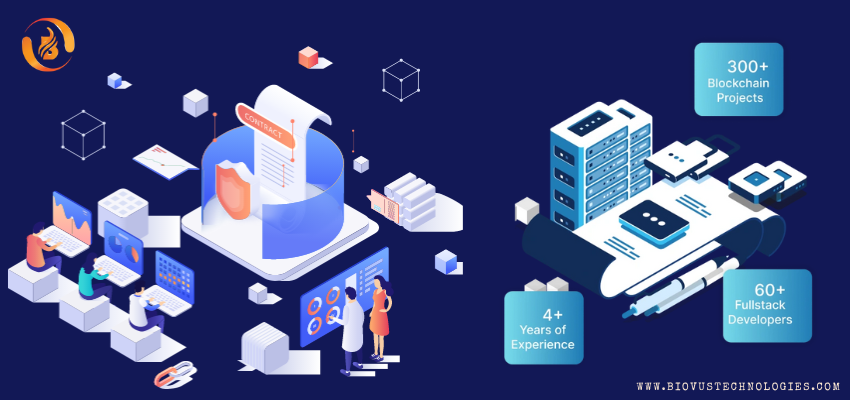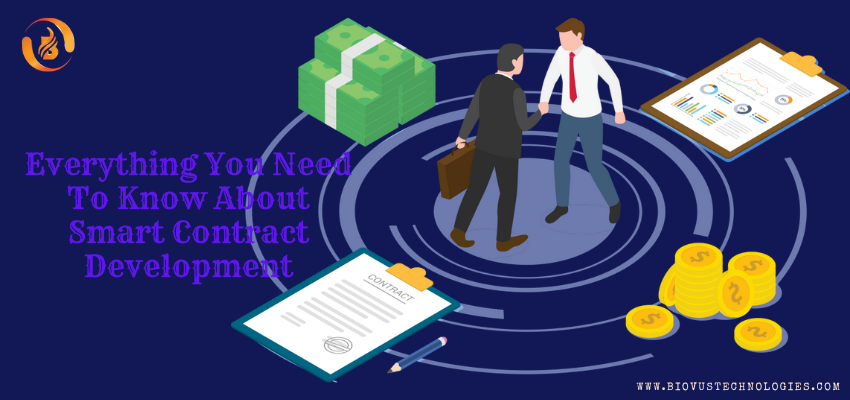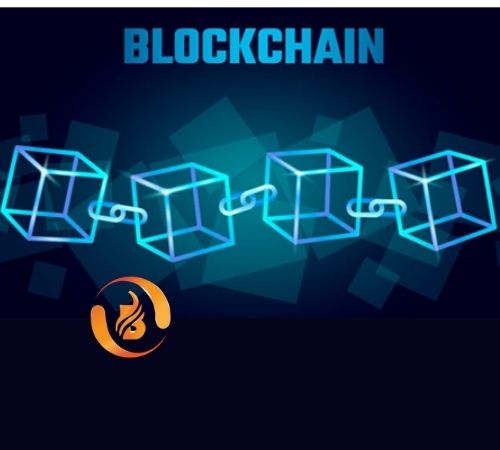An agreement between two or more parties that is stored on a blockchain, such as Ethereum or EOS, is known as a smart contract development. Each of these contracts has a predetermined set of guidelines and requirements and is automatically carried out when those requirements are satisfied. The entire blockchain network’s consensus serves as a guarantee for these contracts. They cannot be changed unless the entire network agrees to the modification. As a result, smart contract development ranks among the most effective and secure methods for establishing contracts between parties.
What Is Meant By Smart Contract?
A decentralized application known as a smart contract development runs business logic in response to events. Executing a smart contract can lead to an exchange of funds, and the provision of services. The release of digitally locked content, or other types of data manipulation, such as changing the name on a land title. Additionally, smart contracts can be used to enforce privacy protection by, for instance. Enabling the selective release of data that is privacy-protected in order to comply with a particular request.
The programs that support smart contracts can be created, distributed, managed, and updated using a number of different architectures. They can be included in various payment methods and digital exchanges. It includes those that accept bitcoin and other cryptocurrencies and are stored as a component of a blockchain or other distributed ledger technology.
Despite their name, smart contracts are not enforceable contracts. Their primary duty is to programmatically carry out business logic that carries out various operations, and processes. The transactions that have been built into them to react to a specific set of circumstances. To link this execution to legally binding agreements between parties, legal action must be taken.
How Do Smart Contract Work?
A blockchain or other distributed ledger contains a special kind of program called a “smart contract” that runs on a dedicated virtual machine for that purpose. Business teams work with developers to outline their specifications for the desired behavior of the smart contract in response. The various events or circumstances as the first step in creating a smart contract. Simple events include receiving a delivery, authorizing a payment, or reaching a certain utility meter reading threshold. More complex events might be encoded by more sophisticated logic. Such as determining the value of a financial derivative instrument and processing a derivative trade or automatically disbursing insurance payments in the event of a fatality or a natural disaster.
The smart contract development is set up to receive event updates from an “oracle.” Which is essentially a streaming data source that has been cryptographically secured, once it has been deployed. Once it receives the proper combination of events from one or more oracles, the smart contract begins to operate.

Advantages Of Smart Contract Development
Cost Efficiency
Smart contracts promise to automate cross-organizational business processes. This can reduce costs associated with running the business and free up resources like the staff required to keep an eye on a complicated process that responds to external factors affecting multiple companies.
Processing Speed
Multi-enterprise business processes that use smart contracts can process information more quickly.
Autonomy
Smart contracts eliminate the need for a third party to oversee business-to-business transactions because they are carried out automatically by the network.
Reliability
In order to keep a verifiable record of all activity related to the execution of complex processes that cannot be changed after the fact. Smart contracts can also benefit from blockchain ledgers and other distributed ledger technologies. It also allows for automated transactions, which eliminate the possibility of human error and guarantee the accuracy of contract execution.
The Future Of Smart Contract Development
Since smart contracts are so complicated, their potential extends beyond the straightforward transfer of assets. They have the ability to carry out transactions in many different areas. It includes legal proceedings, insurance premiums, crowdfunding agreements, and financial derivatives. By streamlining and automating repetitive, routine tasks for which people currently pay banks and lawyers significant fees. Smart contracts have the potential to reduce the need for intermediaries in the legal and financial sectors.
Future developments in smart contracts, including their ability to judge traditional legal contracts and offer customizable smart contract templates. It may also change the role of lawyers. Smart contracts’ capacity for real-time auditing and risk assessments. As well as their potential to control behavior as well as both processes and behavior, can all be advantageous for compliance.
The potential of smart contracts to automate IoT and edge computing processes is also apparent. For instance, a utility company might provide a service in which smart contracts operate in tandem with devices built into power meters to respond to changes in electricity prices. A smart contract may use a specially programmed IoT controller to automatically turn off or reduce power-hungry appliances. For example air conditioners when prices reach a specified threshold.
Smart Contract History And Development
In 1994, Nick Szabo made the initial suggestion for smart contracts. Szabo is a legal expert and cryptographer who is credited with creating the foundation for digital currency. Due to the lack of a digital platform or distributed ledger technology that could support them. There was little interest in or activity surrounding smart contracts at the time.
On a blockchain network with a distributed ledger that records financial transactions, the bitcoin cryptocurrency was created in 2008. This technology made it possible to create the smart contract code needed to add the contract’s terms to the blockchain.
The use of smart contracts is now supported by many platforms, including Ethereum, Hyperledger, Tezos, and Corda. Smart contracts are becoming increasingly well-liked in today’s world thanks to the increasing use of bitcoin and the support of blockchain technologies.
visit us on: www.biovustechnologies.com








Comment on “Smart Contract Development”